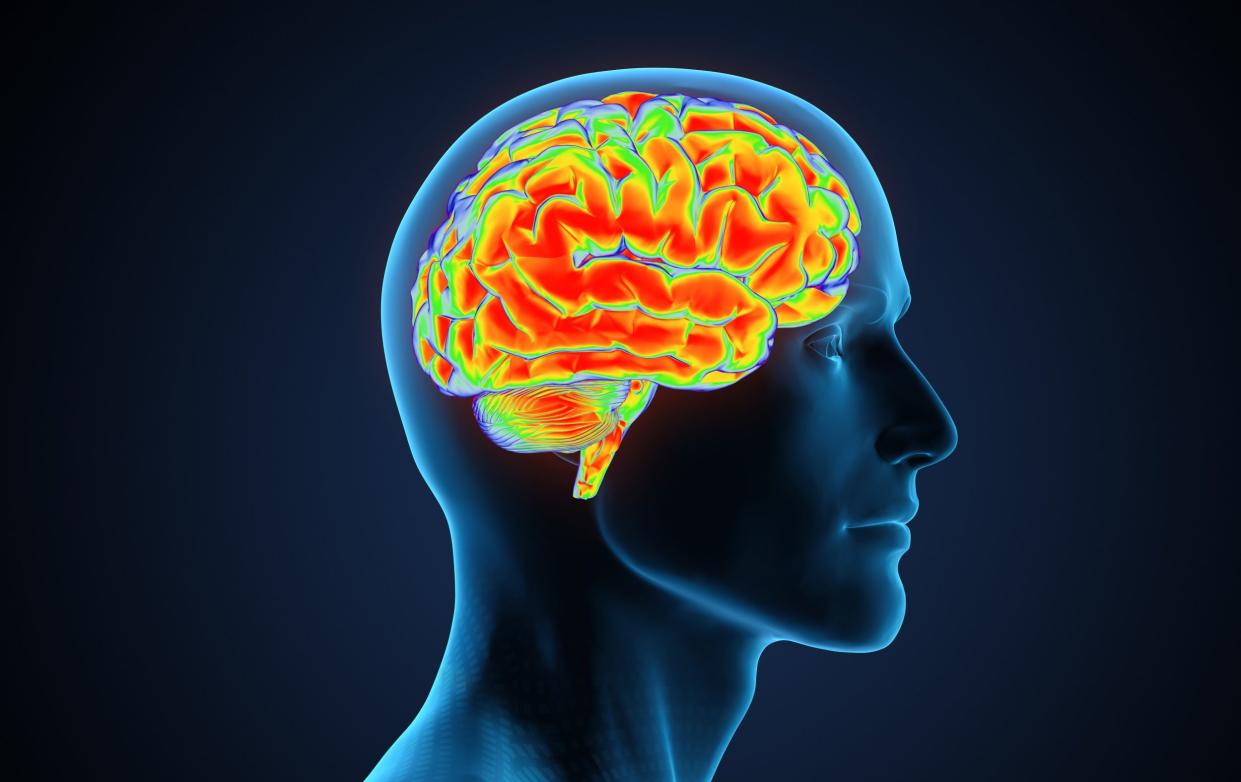It’s true - life may well flash before your eyes when you die

Our life may very well flash before our eyes when we are on the brink of death, according to the first recording of a dying brain.
The discovery was made when a patient died while having their brain activity monitored by experts. Electrodes detected an uptick in activity linked to memory recall and dreaming.
Experts believe this backs up reports and accounts from people who have suffered near-death experiences and claim to have seen their life flash before their eyes.
This is the first empirical data from an actual death to support the theory, which has become a common belief throughout society.
The individual who died was an 87-year-old man from Estonia who had been admitted to hospital after a fall.
He was sent for various scans that found a significant brain bleed and an operation was successful. Afterwards, the patient was stable for two days in intensive care.
But he then began to suffer from epileptic seizures, undergoing at least a dozen episodes, so the clinicians organised an EEG — electroencephalography — to help track and treat the haywire brain activity caused by the trauma.
Patient died of heart attack
While the EEG was still ongoing, the patient suffered a cardiac arrest and died, with the data being the first and only time the activity of a dying human brain has been recorded.
This gave the doctors and their colleagues a unique opportunity to study what happens in the brain as a person passes over the threshold from life to death.
They saw that at the time of death, brain activity was very similar to what happens when a person is meditating, dreaming, or reliving past memories.
The scans and details of the patient’s situation were passed to Dr Ajmal Zemmar, a neurosurgeon at the University of Louisville, who analysed the one-of-a-kind case study.
“We measured 900 seconds of brain activity around the time of death and set a specific focus to investigate what happened in the 30 seconds before and after the heart stopped beating,” he told Frontiers Science News.
He added that on either side of the heart’s last contraction, there was a change in a certain type of brain wave, called gamma oscillations.
While all brain waves began to dwindle, gamma accounted for a larger than normal percentage. Previous studies have found gamma waves to be responsible for some high-functioning processes and are intrinsically linked to concentrating, dreaming, memory retrieval and conscious perception.
“Through generating oscillations involved in memory retrieval, the brain may be playing a last recall of important life events just before we die, similar to the ones reported in near-death experiences,” Dr Zemmar said.
“These findings challenge our understanding of when exactly life ends and generate important subsequent questions, such as those related to the timing of organ donation.”
He added that the results gave neuroscientists hope to better understand the "life recall" phenomenon which is often reported by those who have had near-death experiences.
Practical issues with further research
Writing in their study, published in the journal, Frontiers in Aging Neuroscience, the researchers from the US, China, Australia and Estonia say the data “advocate that the human brain may possess the capability to generate coordinated activity during the near-death period.”
But while the researchers call for more studies on this topic, they do acknowledge the practical issues with that, as it does involve the death of the participants.
“It may ultimately be difficult to assess this in a physiological environment, since gathering such data from “healthy-subjects” is impossible by definition,” they write.
“We do not anticipate death in healthy subjects and therefore could not obtain uninterrupted recordings in the near-death phase in anything other than from circumstances involving pathological conditions in acute care hospital settings.”

